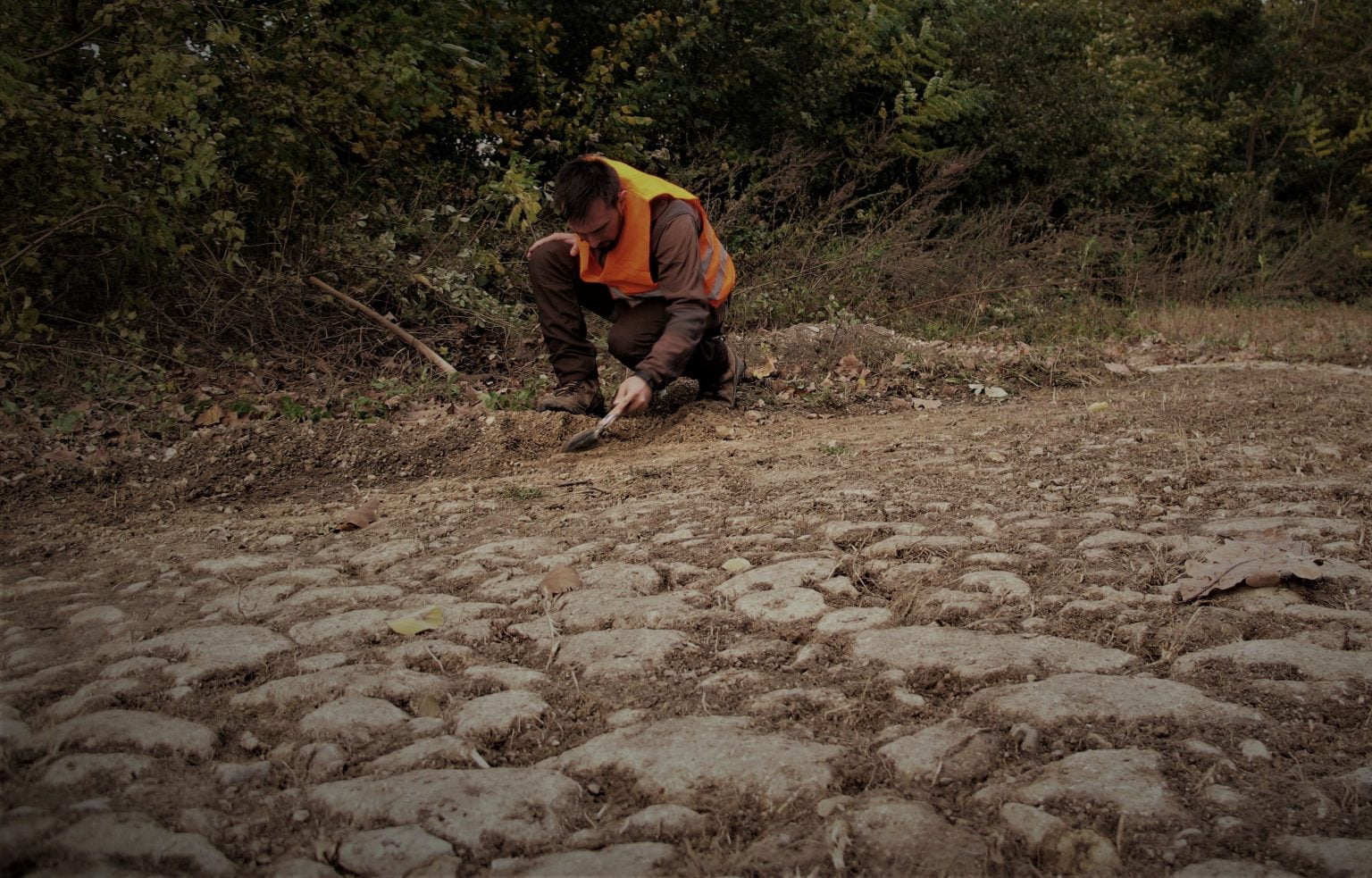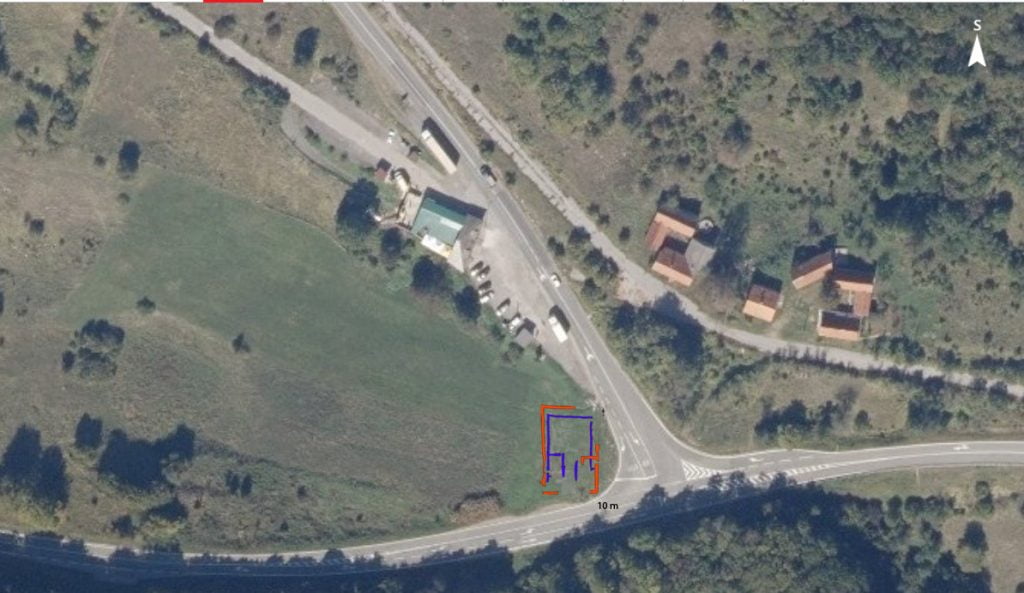dr. sc. Ivana Ožanić Roguljić
Life on the Roman road - communications, trade and identities on Roman roads in Croatia from 1st to 8th century

| Project code: UIP-05-2017-9768 |
| Institution: Institute of Archeology, Zagreb |
| Project duration: 01 January 2018 – 31 December 2022 |
| Project website |
Roads in Roman times were the arteries of the Empire itself: they connected provinces and cities, were a key factor in the conquest and stabilization of power in conquered areas, and often served as a template for modern road routes. Roman roads created links along which life was organized, and settlements were established in the periods after the collapse of the Empire.
The project’s main goal is the interpretation of everyday life on the Roman road, from the beginning of Roman rule to the period of decay, acculturation, and integration of new identities. This project offers an opportunity for a new perspective: how did life develop around Roman roads and paths during main road use and after it has been completed? Life along the roads continues even after the classical period of the Roman rule has passed, and people of different backgrounds and origins inhabit the former Roman provinces: Roman culture in a changed form – strongly adapted to new historical circumstances and processes – lives on thanks to people and communities supporting Roman identity as its own. The shaping of a medieval material culture whose bearers are new populations located in the former Roman provinces is strongly influenced by the somewhat modified Roman cultural tradition, which has been adapted to new circumstances.
Both perspectives, everyday life along Roman roads during Roman rule and everyday life on the Roman road in the post-Roman world, are represented in the research activities of the project:
- Research activities focused on the sites of Žuta Lokva, Lika and the route Cibalae-Mursa, Eastern Slavonia will study the definition of details of everyday life (food, dishes, environment) along the roads in Roman times
- Research activities focused on 3 Avar sites in the vicinity of Cibalae, Eastern Slavonia will study the life of direct heirs and indirect followers of Roman culture in the post-Roman world
By analyzing archaeological material, field surveys and an interdisciplinary approach to archaeological research, the project will try to show how life was organized on the Roman road, will follow the development and collapse of the Roman way of life. By the end of the research, the project’s broad perspective will be the starting point for a large number of future comparisons, analysis, and projects that will enable the research group to participate equally in current topics, discussions, and research in European archaeology.
Six associates are working on the project, including two doctoral students. A large number of congress appearances, published papers, popularization lectures and workshops from both spheres of the project (Roman and medieval) have been held. Also, as part of the project, thematic seminars for doctoral students, round tables and scientific conferences are organized.
All project activities can be followed through the project’s Facebook profile, Academia.edu profile and website.

Ivana Ožanić Roguljić is a research associate at the Institute of Archeology. Ivana Ožanić Roguljić’s scientific interests are topics from ancient archaeology, especially Roman ceramics and pottery workshops, instrumentum domesticum, history of food, travel stations and communications, experimental archaeology and popularization of science. She has worked as a leader, deputy or associate in archaeological research and projects. She is the author of a scientific monograph and more than 50 scientific papers in journals. She is the editor of 3 scientific conferences and the author of numerous texts and publications that popularize science. Full list of publications is available here.

